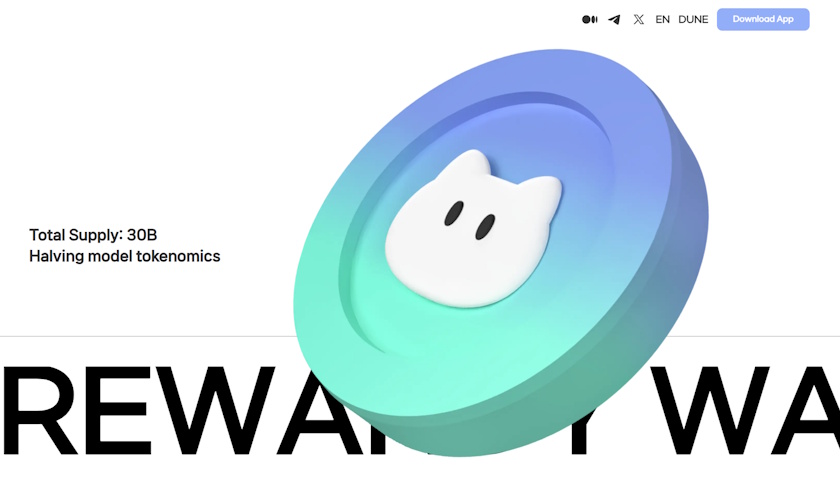The Securities and Exchange Commission (SEC) has reiterated its commitment to leveraging blockchain intelligence to combat the growing wave of cryptocurrency-related fraud, in a decisive move to strengthen oversight of Nigeria’s digital asset ecosystem.
Speaking at a joint webinar hosted by SEC Nigeria and global blockchain analytics firm Chainalysis on Monday, SEC Director-General Dr. Emomotimi Agama emphasized the need for full transparency in crypto transactions as a cornerstone of regulatory enforcement.
The webinar, themed “Combating Scams with Blockchain Intelligence,” brought together regulators, analysts, and industry stakeholders to address the evolving threats in the digital finance space.
When you imagine the future of cryptocurrency transactions, you imagine that if the fraudulent practices are already climbing the way they are now, what will the future hold if we all sit doing nothing?” Agama asked.
“If we all sit not being coordinated, not collaborating, and finding differences that we should not find, we risk enabling a dangerous future.”
SEC’s Vision: Data-Driven Oversight and Transactional Clarity
Agama outlined the SEC’s strategy to deepen its technical capabilities, focusing on blockchain’s immutable nature to trace illicit activity. He stressed the importance of identifying wallet clusters, analyzing fund flows, and permanently recording transactions across major blockchains such as Bitcoin and Ethereum.
“At the SEC, we need to do deep dives into data intelligence,” he said.
“We must speak about the technical foundations that drive us to transaction transparency—where every Bitcoin, Ethereum transaction is permanently recorded, and wallets belonging to the same entity are identified through flow analysis and trading funds from sources of information.”
Agama warned that the crypto ecosystem is increasingly being exploited by sophisticated fraud schemes, including fake decentralized finance (DeFi) protocols, NFT scams, and mirror exchange platforms that mimic legitimate sites to siphon user deposits.
“There are liquidity mining schemes with fake DeFi protocols promising organic yields, and fake NFT collectible projects targeting artistic communities,” he explained.
“We’re also seeing social media-driven campaigns on Twitter, Telegram, WhatsApp, and romance scams 2.0—where dating apps are used to build trust before crypto investment requests.”
Read more: nairametrics.com




